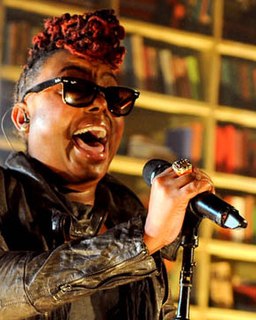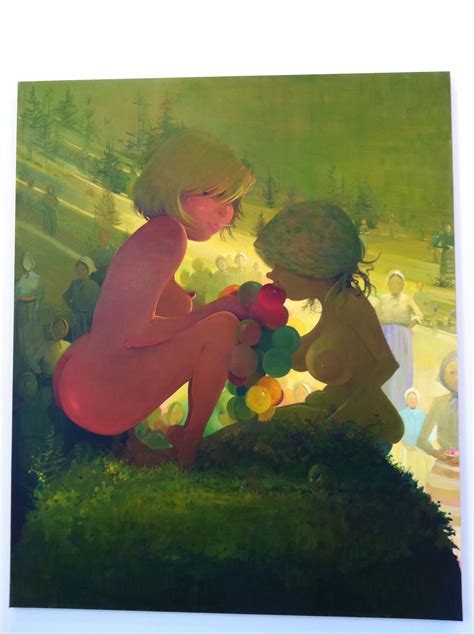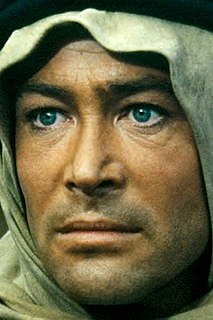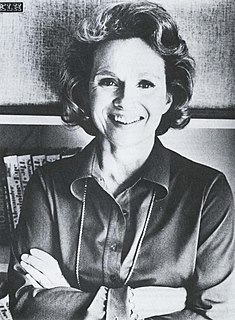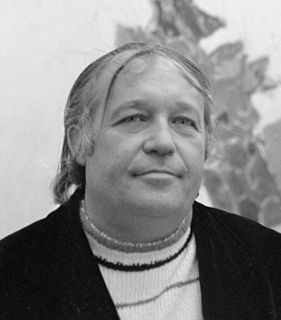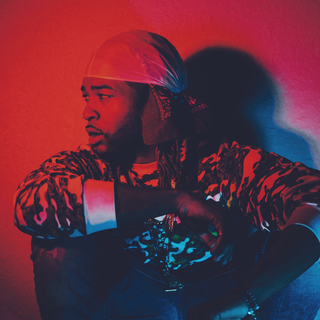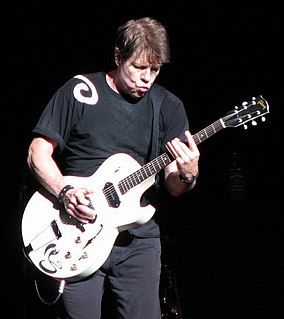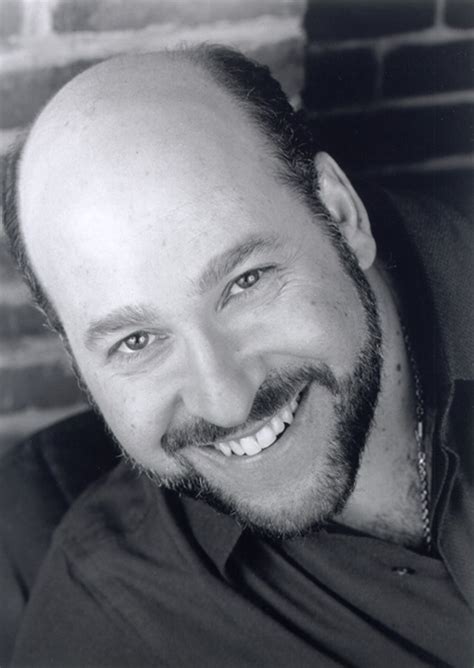A Quote by Gertrude Stein
A little artist has all the tragic unhappiness and the sorrows of a great artist and he is not a great artist.
Quote Topics
Related Quotes
An artist is above all a human being, profoundly human to the core. If the artist can't feel everything that humanity feels, if the artist isn't capable of loving until he forgets himself and sacrifices himself if necessary, if he won't put down his magic brush and head the fight against the oppressor, then he isn't a great artist.
I feel ever so strongly that an artist must be nourished by his passions and his despairs. These things alter an artist whether for the good or the better or the worse. It must alter him. The feelings of desperation and unhappiness are more useful to an artist than the feeling of contentment, because desperation and unhappiness stretch your whole sensibility.
Why was the painting made? What ideas of the artist can we sense? Can the personality and sensitivity of the artist be felt when studying the work? What is the artist telling us about his or her feelings about the subject? What response do I get from the message of the artist? Do I know the artist better because of the painting?

